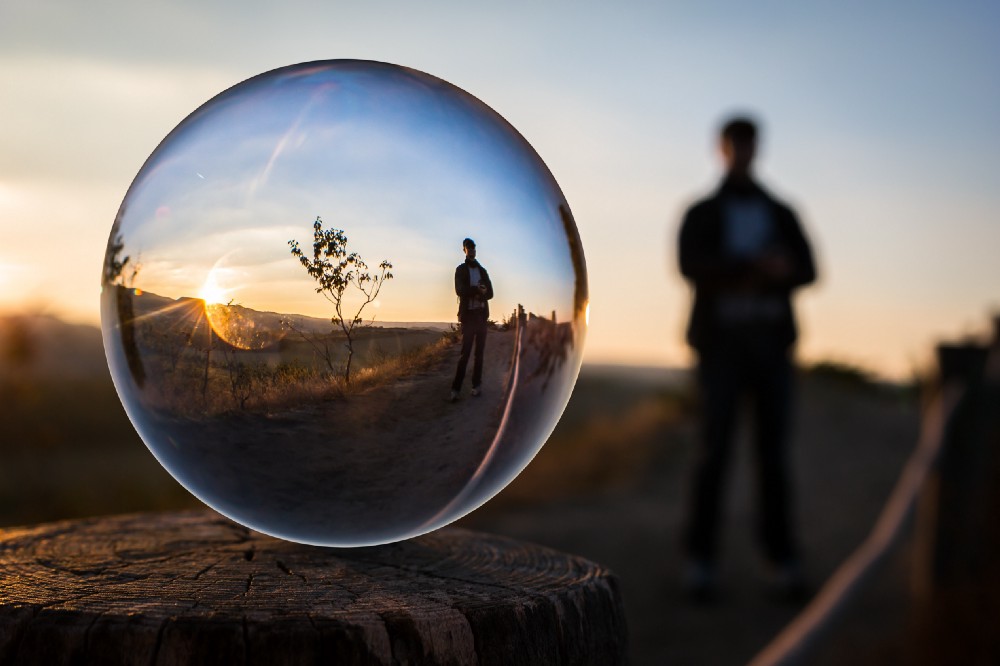I n the early 1920s, a young writer was having trouble thinking up a new story. He was poor and it was cold when he sat in front of the fireplace, squeezing the peels of little oranges into the edge of the flame and watching the sputter of blue that they made.
From his window, he looked out over the rooftops of Paris and calmly told himself, “Do not worry. You have always written before and you will write again.”
Often, when we talk about high-performance, we inevitably talk about flow, that elusive state in which the muses of our imagination seem to come from nowhere with the simple intention of guiding our hands, stoking our inspiration, and granting us the ultimate gift: sustained, laser-like focus. It is the ability to enter and operate in that flow state that separates the great from the elite.
While athletes create pre-game rituals that last hours in hopes of finding flow, creatives often design morning routines and repeat mantras to propel them into highly focused and productive days. The challenge for most of us, it seems, isn’t so much knowing what to do when we’re in a state of flow, but rather, how to get to it in the first place.
When the young writer from the story sat down in front of his typewriter for the second time, the words came easy and without the use of pre-game rituals or meditations. What this writer knew — who if you haven’t guessed, was Ernest Hemingway — was that it mattered less how he started and more how he had ended the day before.
I had learned already never to empty the well of my writing, but always to stop when there was still something there in the deep part of the well, and let it refill at night from the springs that fed it.
—Ernest Hemingway
Imagine being stuck at your desk for hours, uninspired and unfocused, until suddenly it clicks. Almost out of nowhere, you find the right word, the right answer, the perfect design. The mountain of tasks that plagued your to-do list surrender at your feet and the stress begins to melt. You’ve done it, entered the promised land, the land of flow.
Hours pass. It’s dinner time, but the last thing you want to do is leave now. After all, haven’t we learned that the greatest sin of high performance is to leave anything on the table? No, no… We must squeeze out every drop of this magical state and take it for all it’s worth.
Finally, the midnight oil has been burnt to a crisp and you walk away from your work drained yet triumphant. Or so you think…
Josh Waitzkin, chess prodigy and author of The Art Of Learning, once described a conversation he had with skiing legend Billy Kidd, in which he asked Kidd about the three most important turns on a ski run:
… the three most important turns of the ski run are the last three before you get on the lift. And it’s a subtle point. That’s when the slope is leveled off, there’s less challenge. Most people are very sloppy. They’re taking the weight off the muscles they’ve been using. They have bad form. The problem with that is that on the lift ride up, they’re unconsciously internalizing bad body mechanics. As Billy points out, if your last three turns are precise, you’re internalizing precision on the lift ride up.
And so it goes with flow. When we walk away from our work drained, dazed, and confused, we internalize those feelings. That all-nighter where you worked until you literally couldn’t anymore? It may have yielded production, but the brain drain you felt when you walked away followed you back to your desk the next day.
The bitter gambler will always tell you the same story, “If it wasn’t for that last hand, I’d be rich!” But the gambler who laughs all the way home after doubling her money knows it’s because she walked away before her luck ran out.
Hemingway knew that flow wasn’t a ghost to be strangled to death on every chance encounter. He walked away from his typewriter while he still had gas in the tank and inspiration on his side.
Many artists and entrepreneurs think of beating their head against the wall in search of inspiration as a rite of passage. But Hemingway never allowed those feelings to enter his workspace. He walked away long before those feelings of brain drain could be internalized. This helped him return to his work knowing exactly where to start again.
I always worked until I had something done, and I always stopped when I knew what was going to happen next. That way I could be sure of going on the next day.
—Ernest Hemingway
There is still a strong undercurrent in our society, particularly amongst entrepreneurs, that continues to celebrate and glamorize the grind. Just like with conversations around how much sleep is best to have each night, there is an unspoken competition around who can stay in the pressure cooker, working the longest and the hardest.
But anyone can learn how to outlast the others. The real discipline comes from walking away before you’re cooked. It takes a cool, Hemingway-like confidence to tell the muses, “We’ve worked enough today. I’m sure I’ll see you around tomorrow.”
So the question remains, for athletes, creatives, writers, producers, and thinkers alike: When you find your flow today, will you have the discipline to walk away before it’s all gone?


